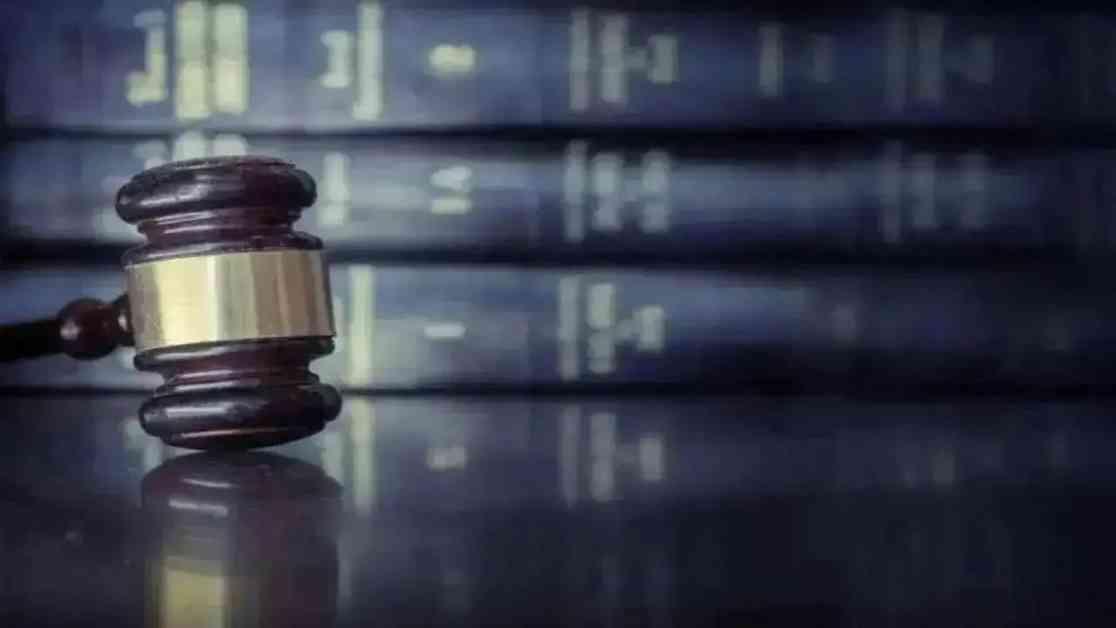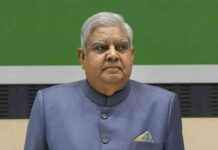Bombay High Court Strikes Down Unconstitutional Amended IT Rules on Fake News
The Bombay High Court (HC) has made a significant decision by formally striking down the amended Information Technology (IT) Rules that were aimed at identifying and regulating fake and false content on social media, particularly content that was critical of the government. The court has deemed these amended IT laws as “unconstitutional” and has taken a firm stand against them.
This ruling comes after a series of legal proceedings, culminating in the decision by the third judge on the matter. The Bombay HC had initially faced a split verdict on the new IT Rules proposed by the government, but the recent decision has finally put an end to the controversy surrounding these regulations.
The amended IT Rules that have now been struck down were introduced with the intention of curbing fake news and misinformation on social media platforms. However, the court found these rules to be vague and broad, with the potential to have a chilling effect on free speech and expression. The court emphasized the importance of protecting citizens’ rights to express themselves freely without fear of censorship.
One of the key points of contention in the amended laws was the establishment of a Fact-Checking Unit (FCU) to monitor and flag online content related to the government that was deemed misleading or false. This provision raised concerns about potential censorship and infringement on fundamental rights.
The court’s decision to strike down these rules has been hailed as a victory for freedom of expression and a blow against attempts to stifle dissent and criticism online. The petitioners, including stand-up comedian Kunal Kamra, Editors Guild of India, News Broadcast and Digital Association, and Association of Indian Magazines, had challenged the new regulations, and their efforts have finally paid off with the court ruling in their favor.
In its verdict, the Bombay HC declared Rule 3 (1) (V) of the amended IT Rules as unconstitutional and struck it down. This decision marks a significant victory for those who believe in the importance of upholding democratic values and protecting the right to free speech.
The ruling by the Bombay HC sets an important precedent for future cases involving online content regulation and censorship. It sends a clear message that any attempts to impose restrictions on free expression will not be tolerated and that the courts will uphold the constitutional rights of citizens to speak their minds without fear of reprisal.
Overall, the decision by the Bombay High Court to strike down the unconstitutional IT Rules on fake news is a victory for democracy and a reaffirmation of the importance of protecting fundamental rights in the digital age. It serves as a reminder that freedom of expression is a cornerstone of democracy and must be safeguarded at all costs.




















